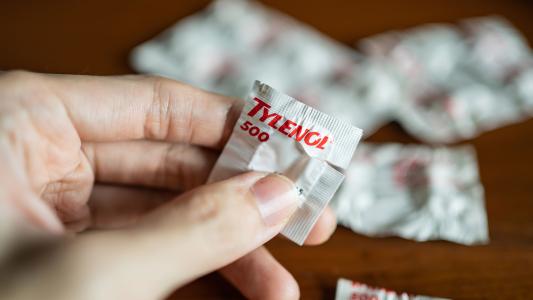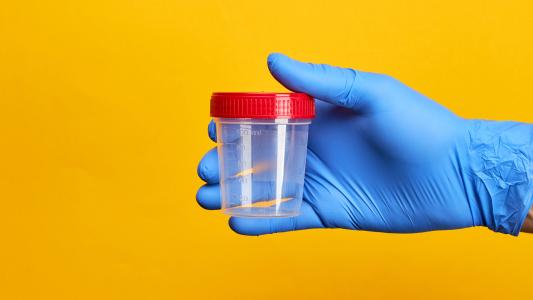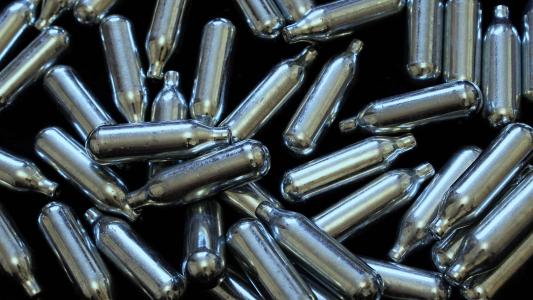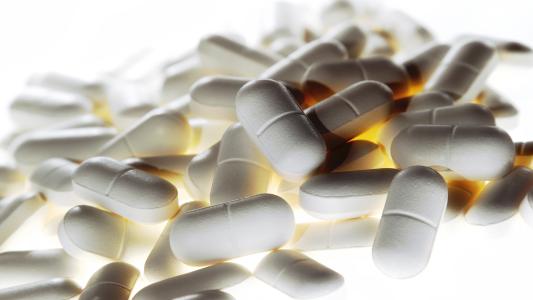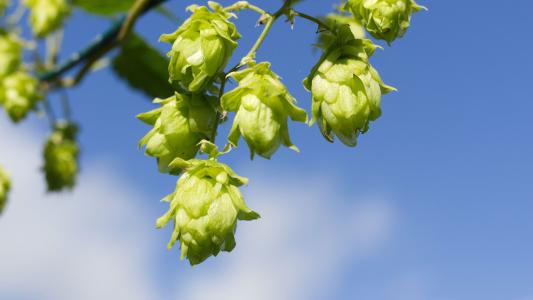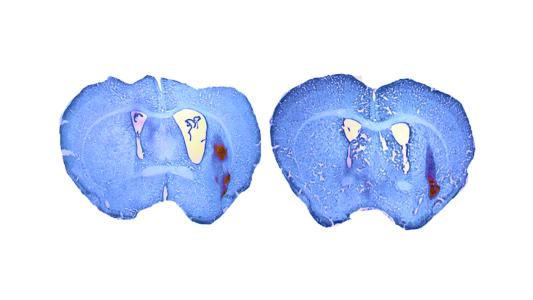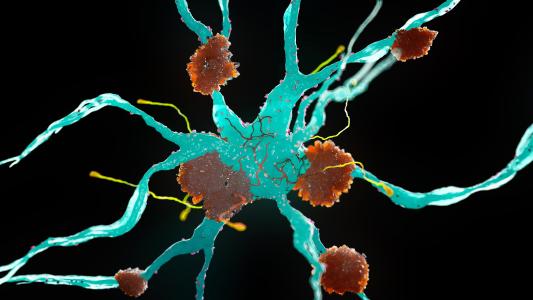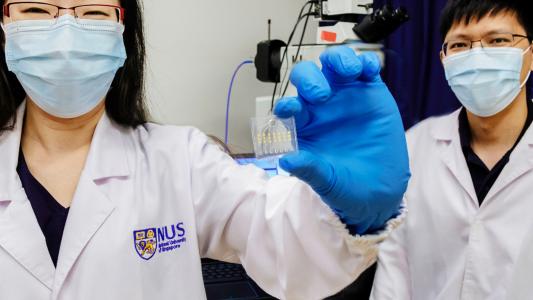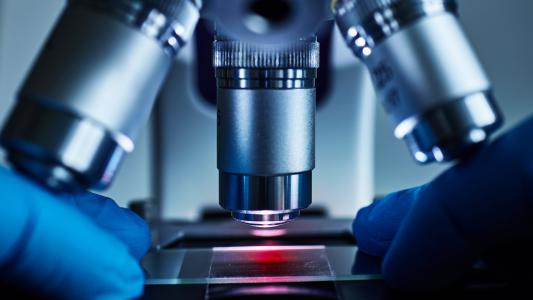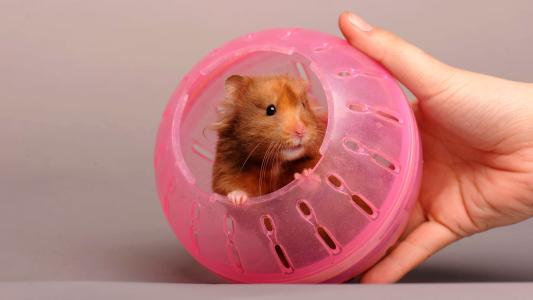Medicine
There may be a way to reverse acetaminophen damage in the liver
New research out of Singapore suggests that a protein thought to help acetaminophen toxicity may do the opposite.
Urine test for brain cancer detects tumors of any size
A new urine test for brain cancer analyzed microRNAs to correctly identify 100% of patients with brain tumors, regardless of their tumor’s size.
Low doses of nitrous oxide may treat depression
A new, small study has found that low doses of nitrous oxide — laughing gas — can treat symptoms of depression.
MIT researchers can fit more drug in less pill
A new drug formulation method developed by chemical engineers at MIT can fit more drug into less pill.
Beer hops could hold key to preventing common liver disease
Compounds derived from hops might be able to help prevent — or even treat — nonalcoholic fatty liver disease (NAFLD) in people.
Two opposite kinds of stroke. One promising treatment.
A new stroke treatment could give doctors a way to help victims sooner, improving their chances of avoiding permanent brain damage.
Hope and controversy: FDA approves first new Alzheimer's drug in decades
The FDA has approved the first new Alzheimer’s drug in decades, but the decision brings not only hope, but controversy.
Blood test can quickly tell if a targeted cancer therapy works
The ExoSCOPE blood test can determine with 95% accuracy whether a targeted cancer therapy is working within 24 hours of administration.
"Light-shrinking" material cranks normal microscopes up to 11
Researchers have developed a light-shrinking slide coating that allows light microscopes to image in “super-resolution.”
Inhaled nanobodies treat COVID-19 in hamsters
An inhaled nanobody treatment for COVID-19 has shown promise in animal tests and could be a more affordable alternative to monoclonal antibody drugs.
